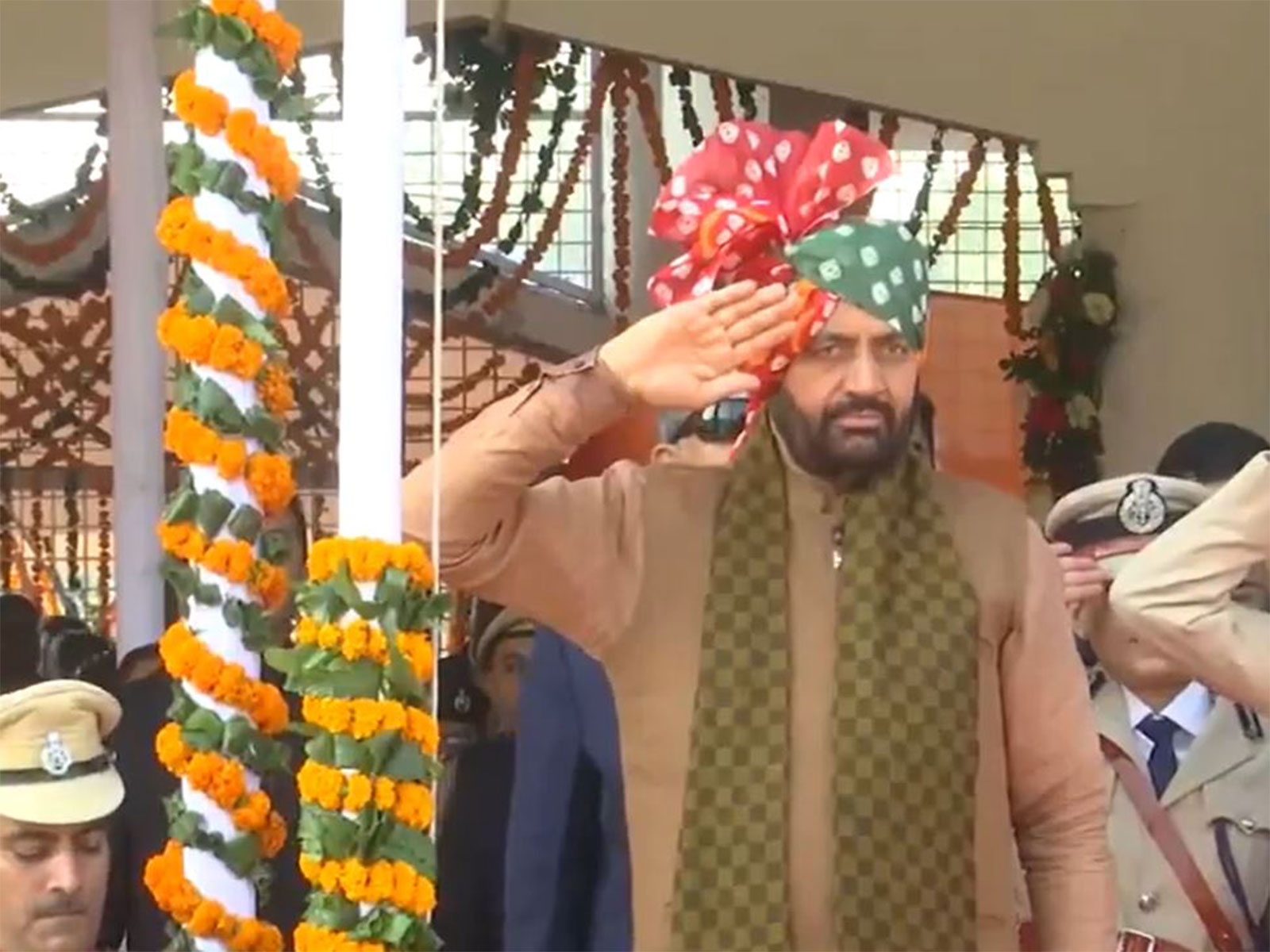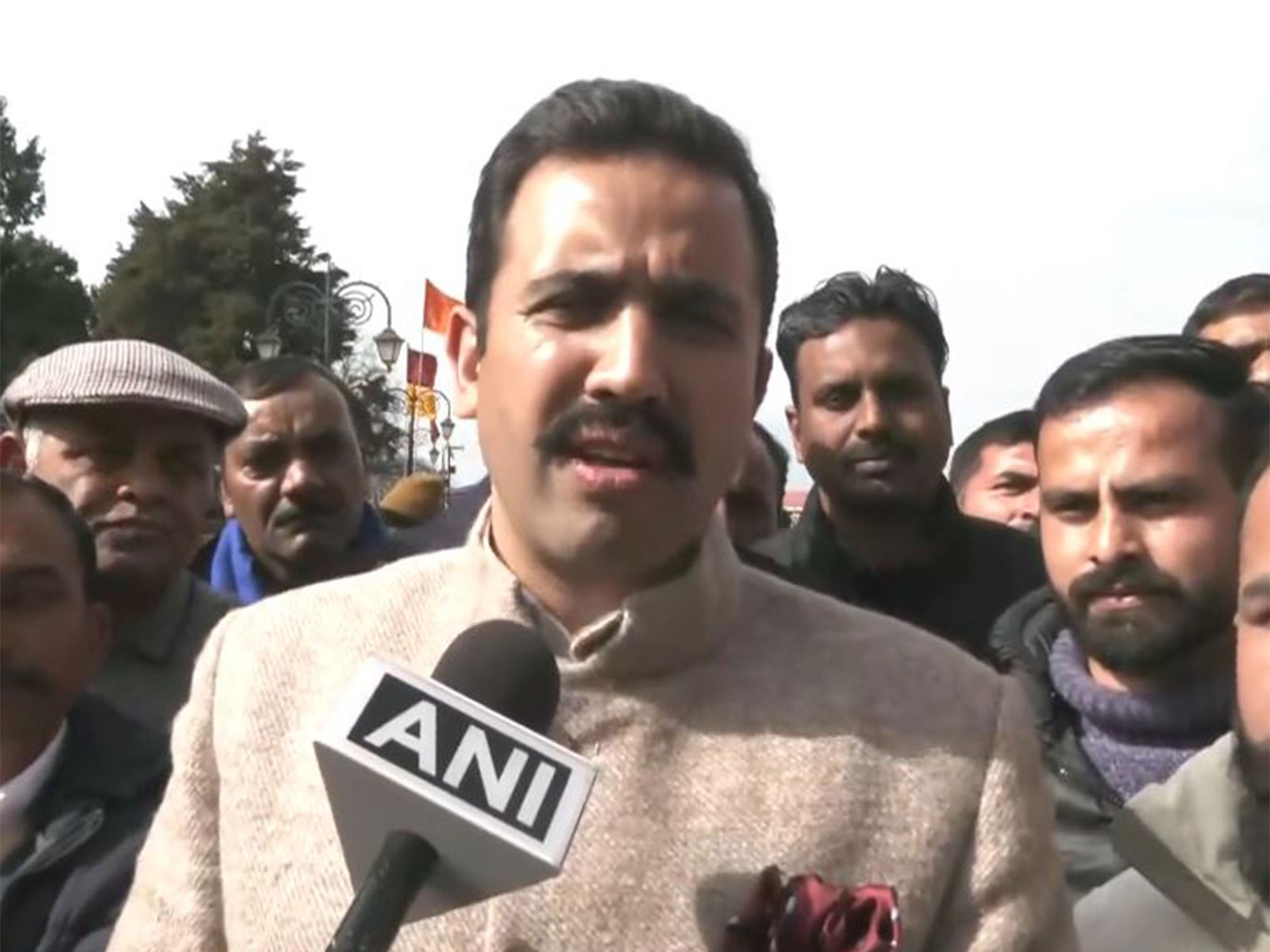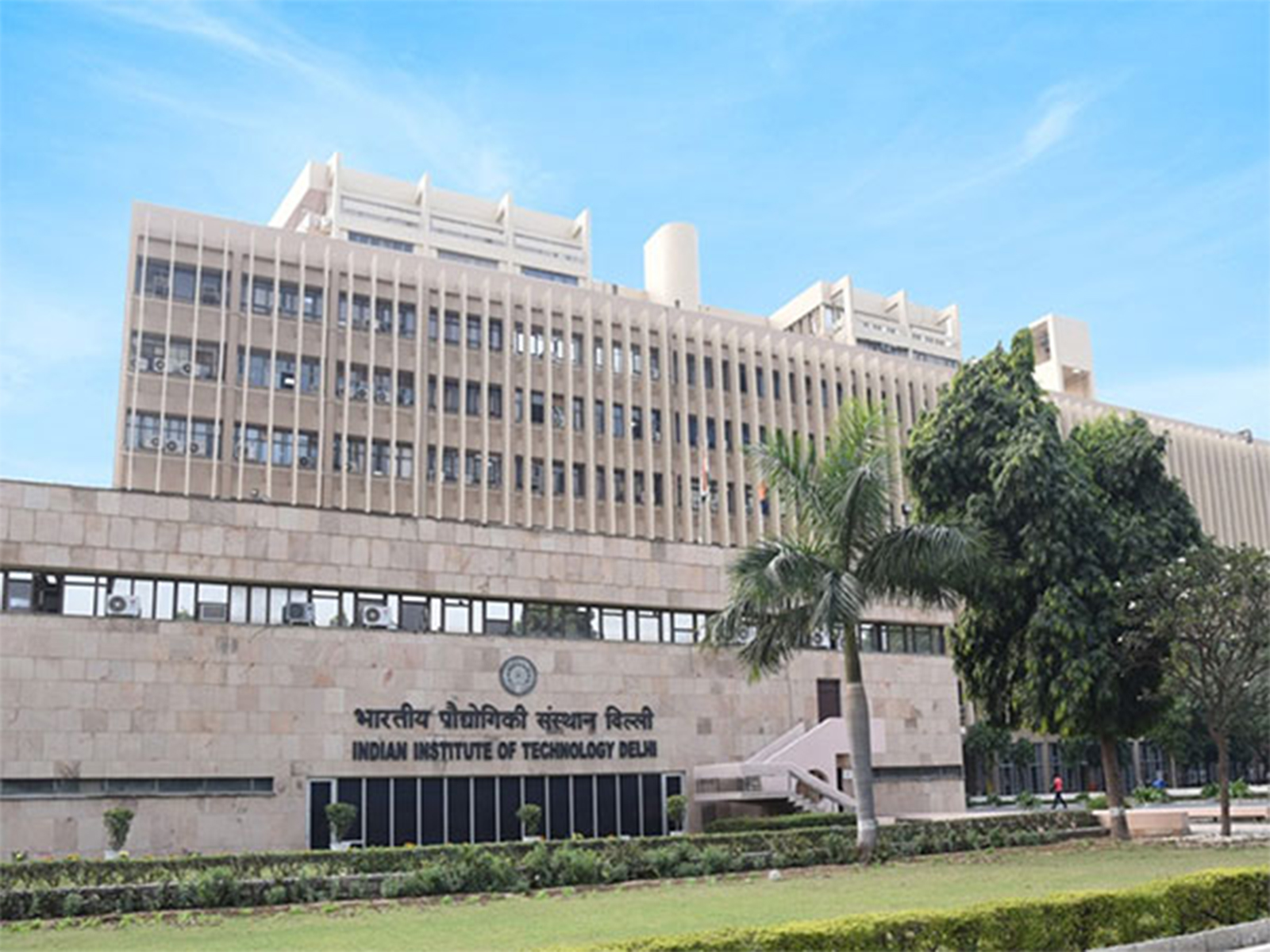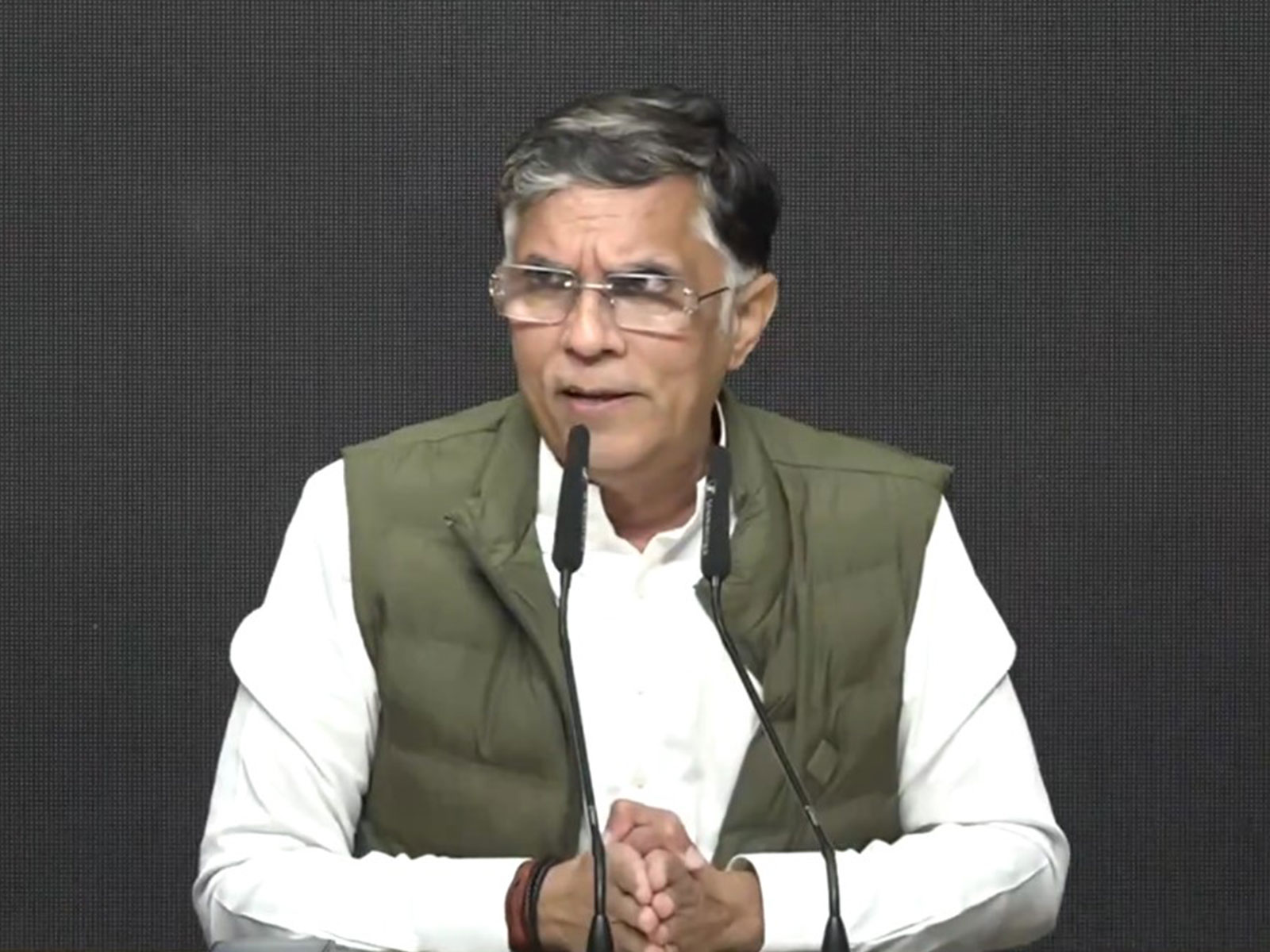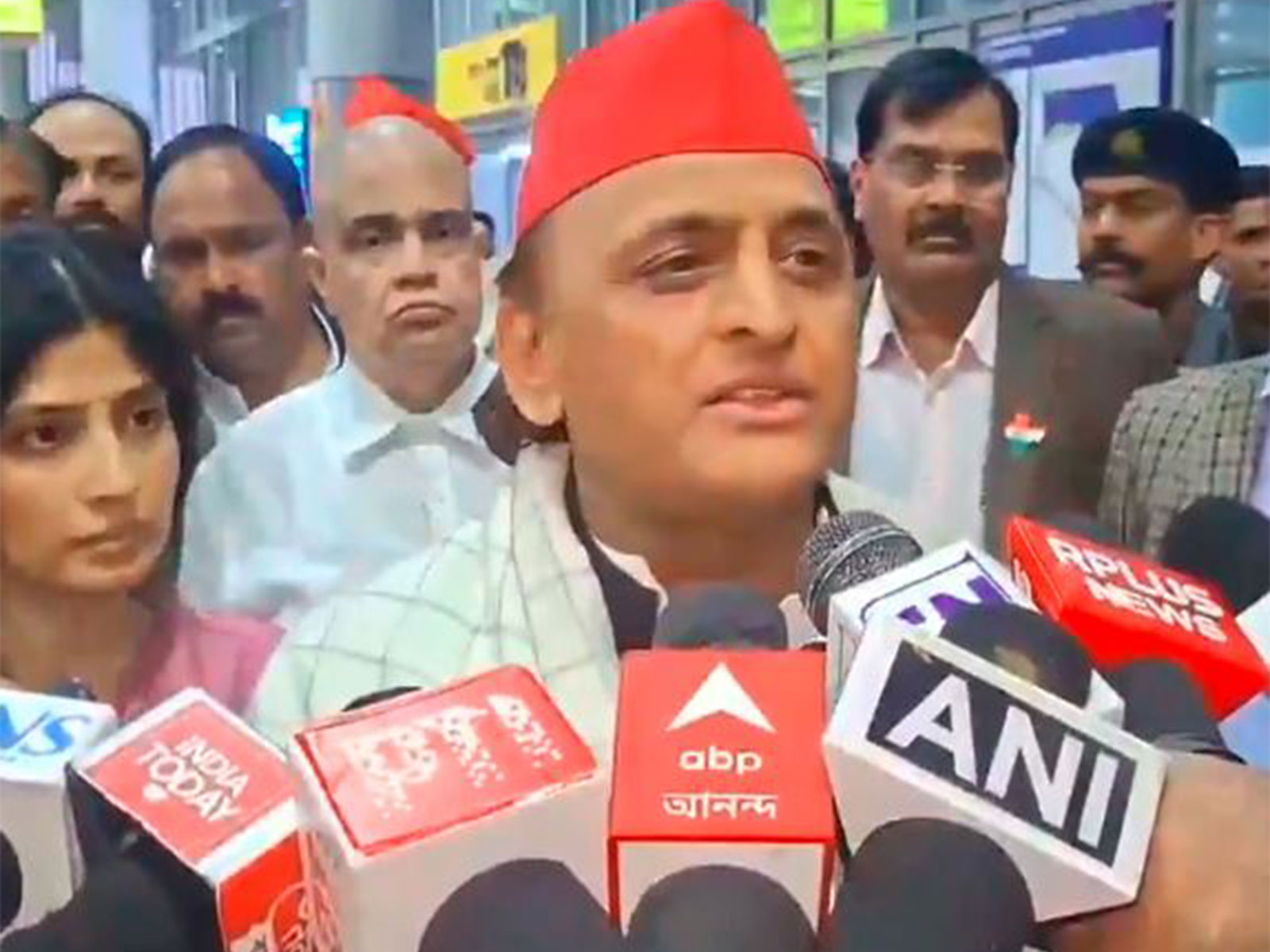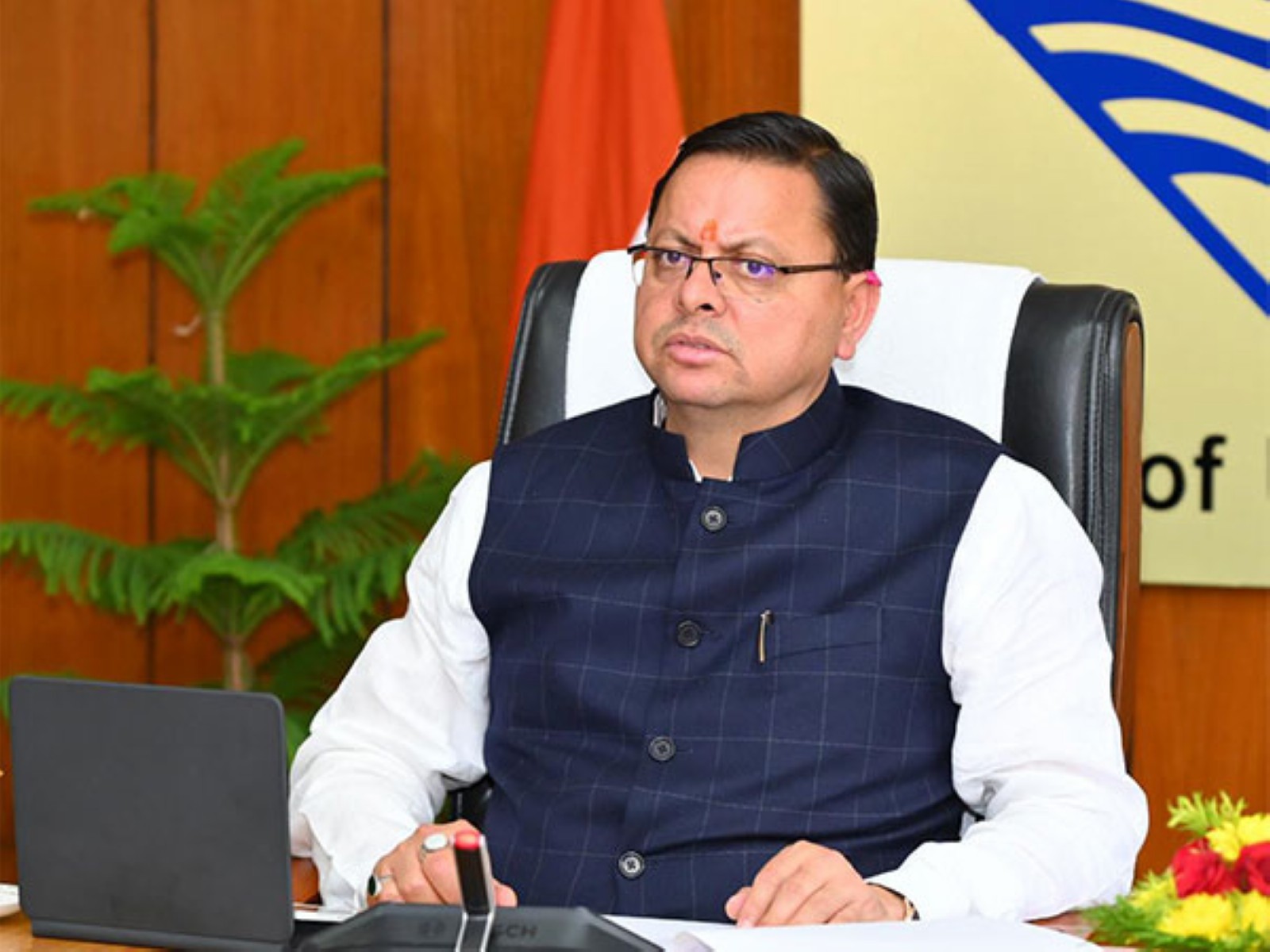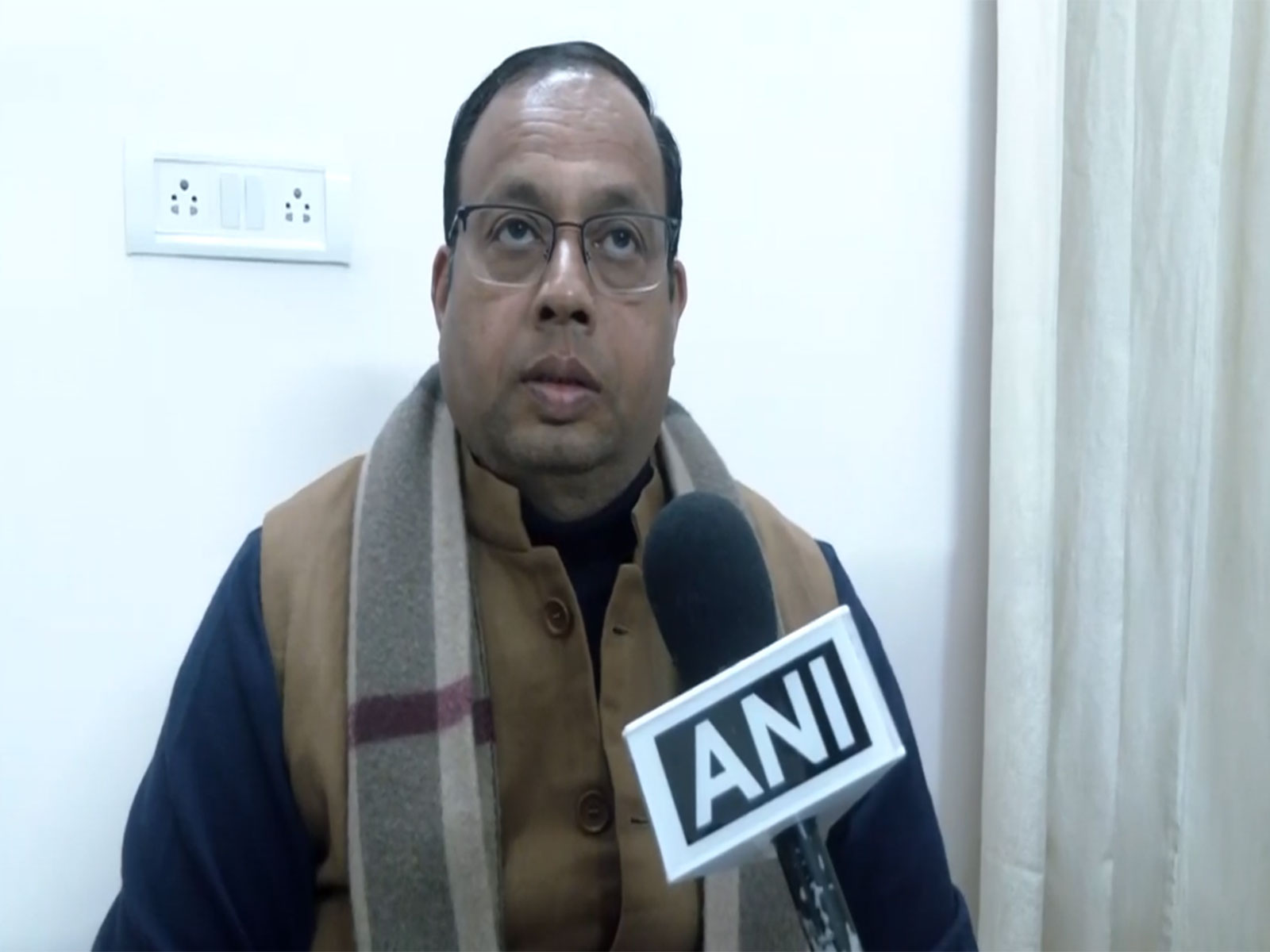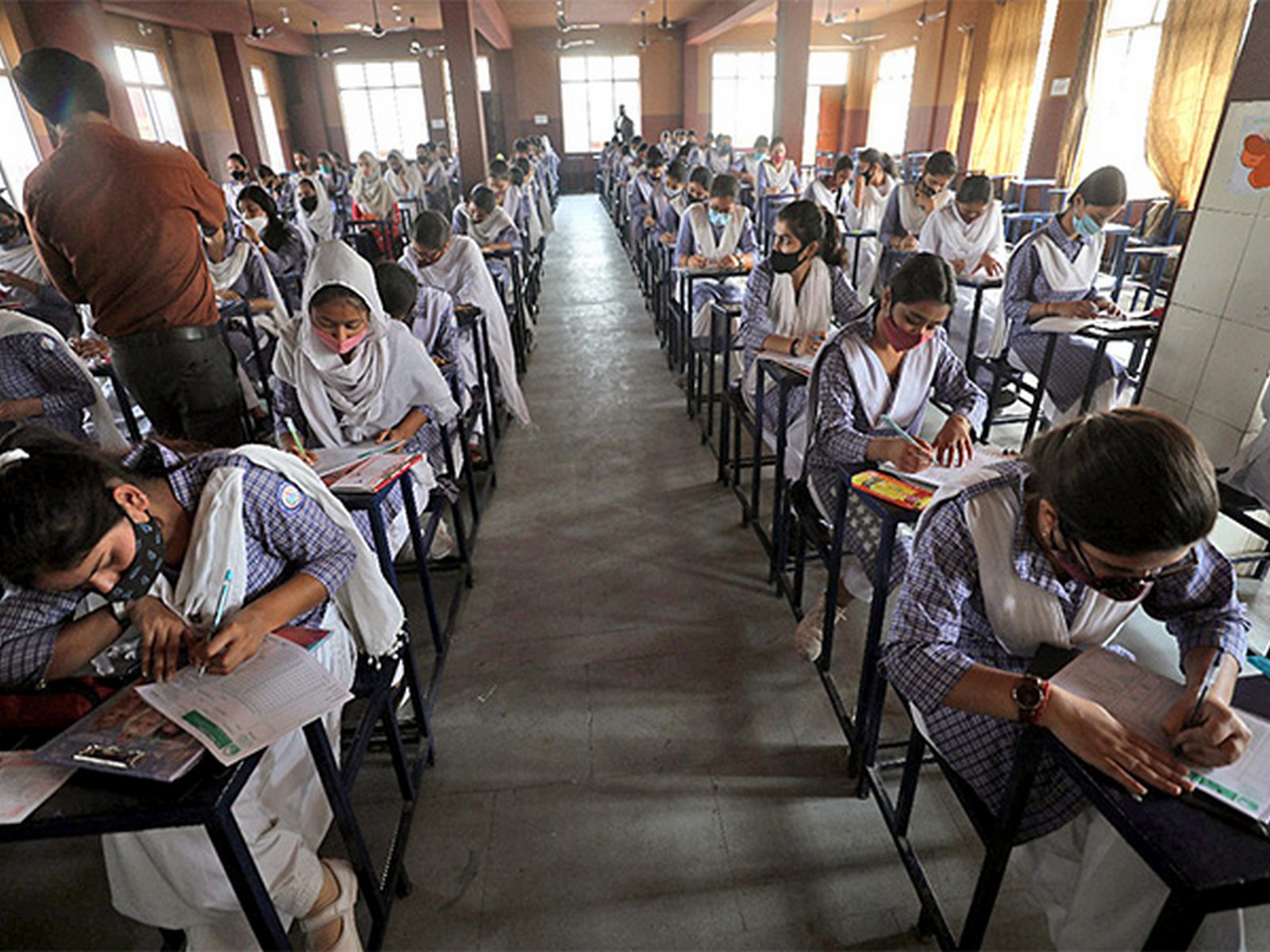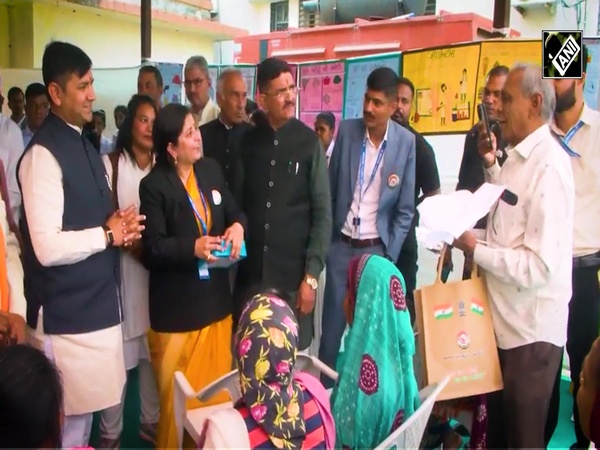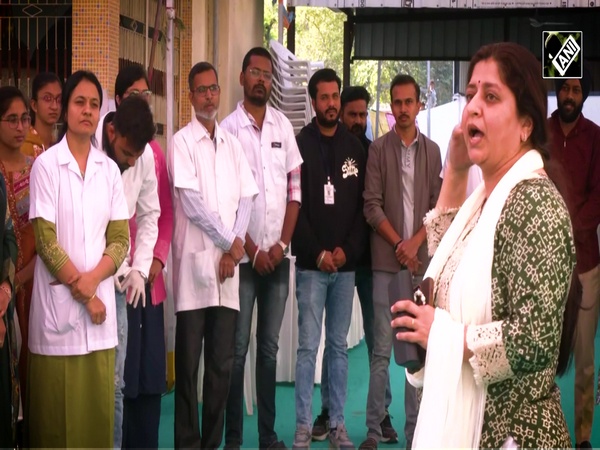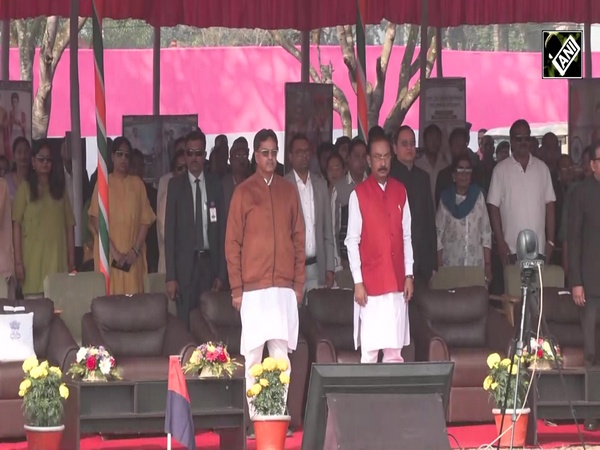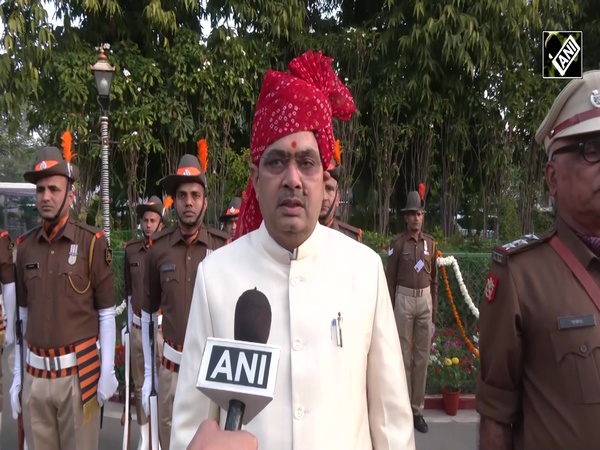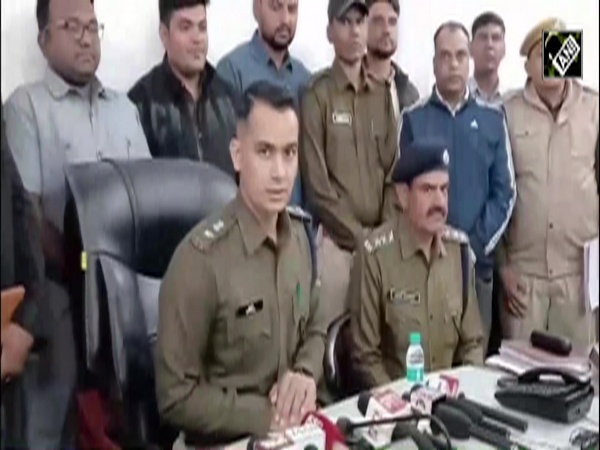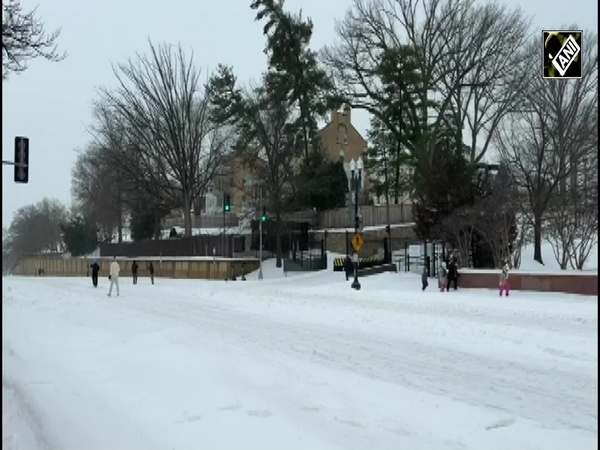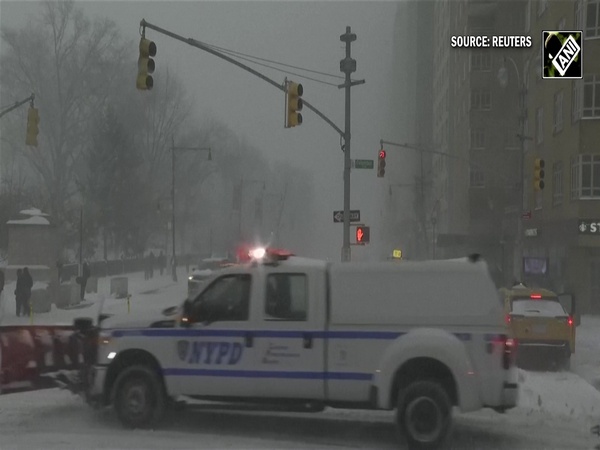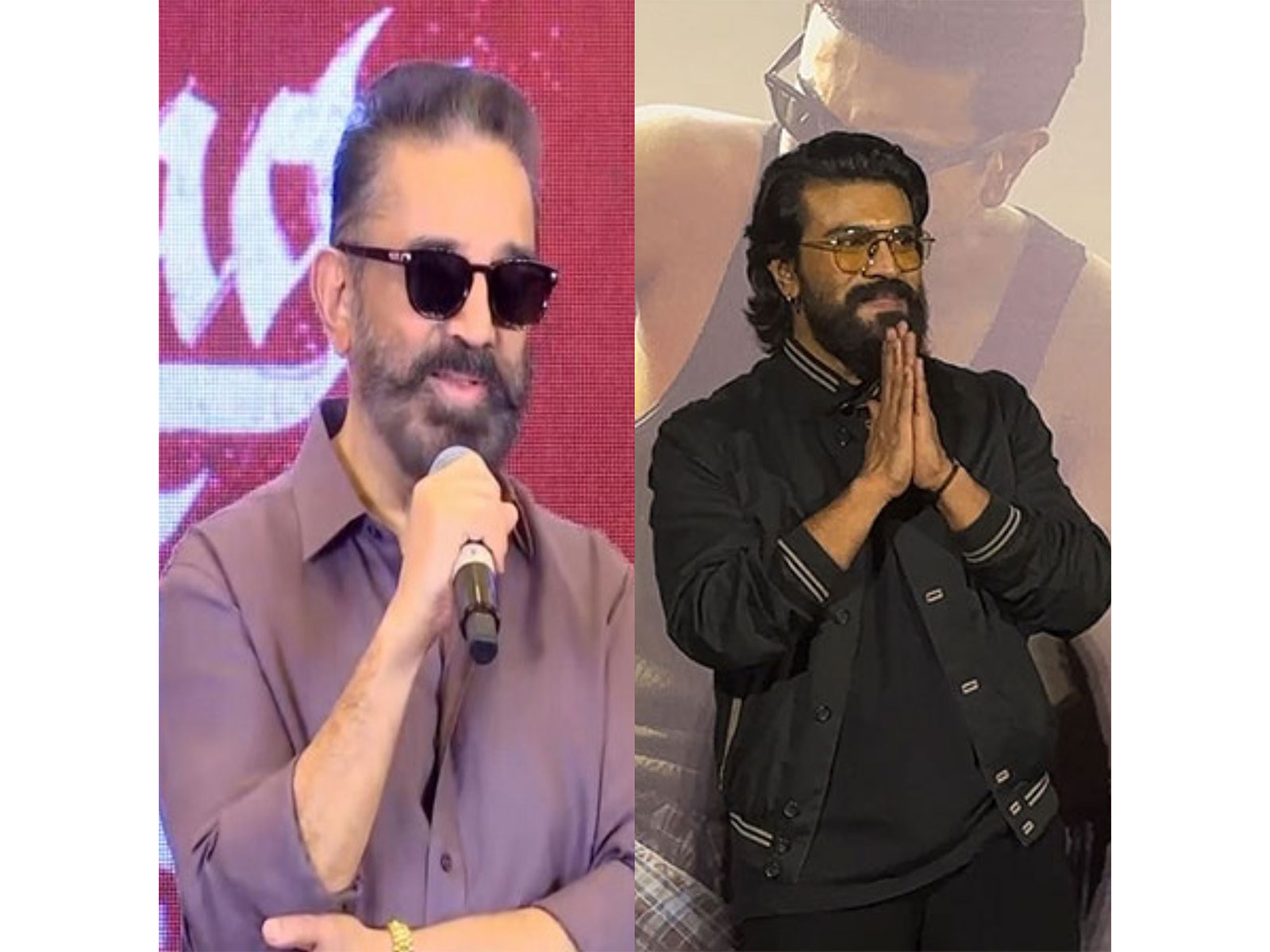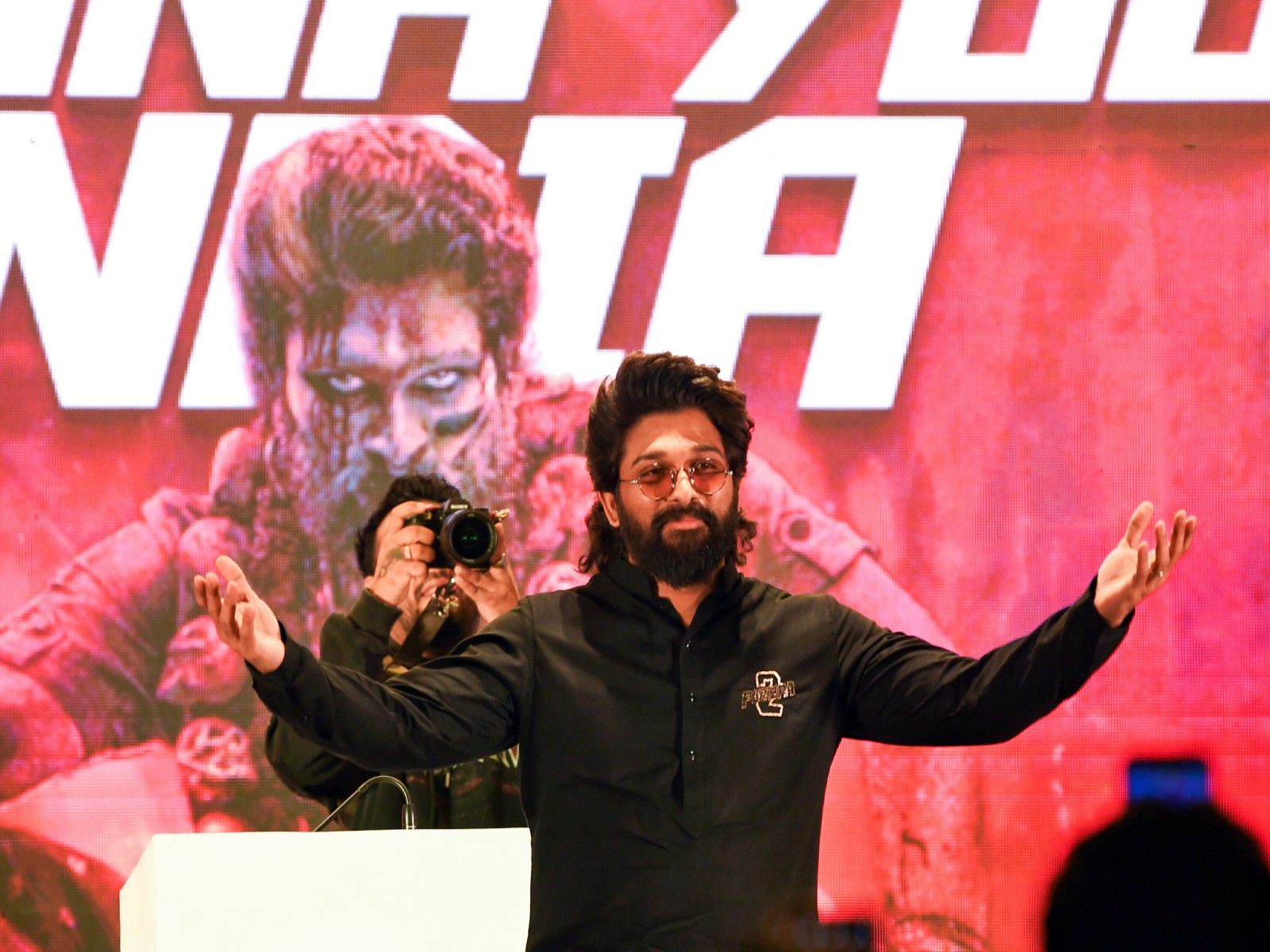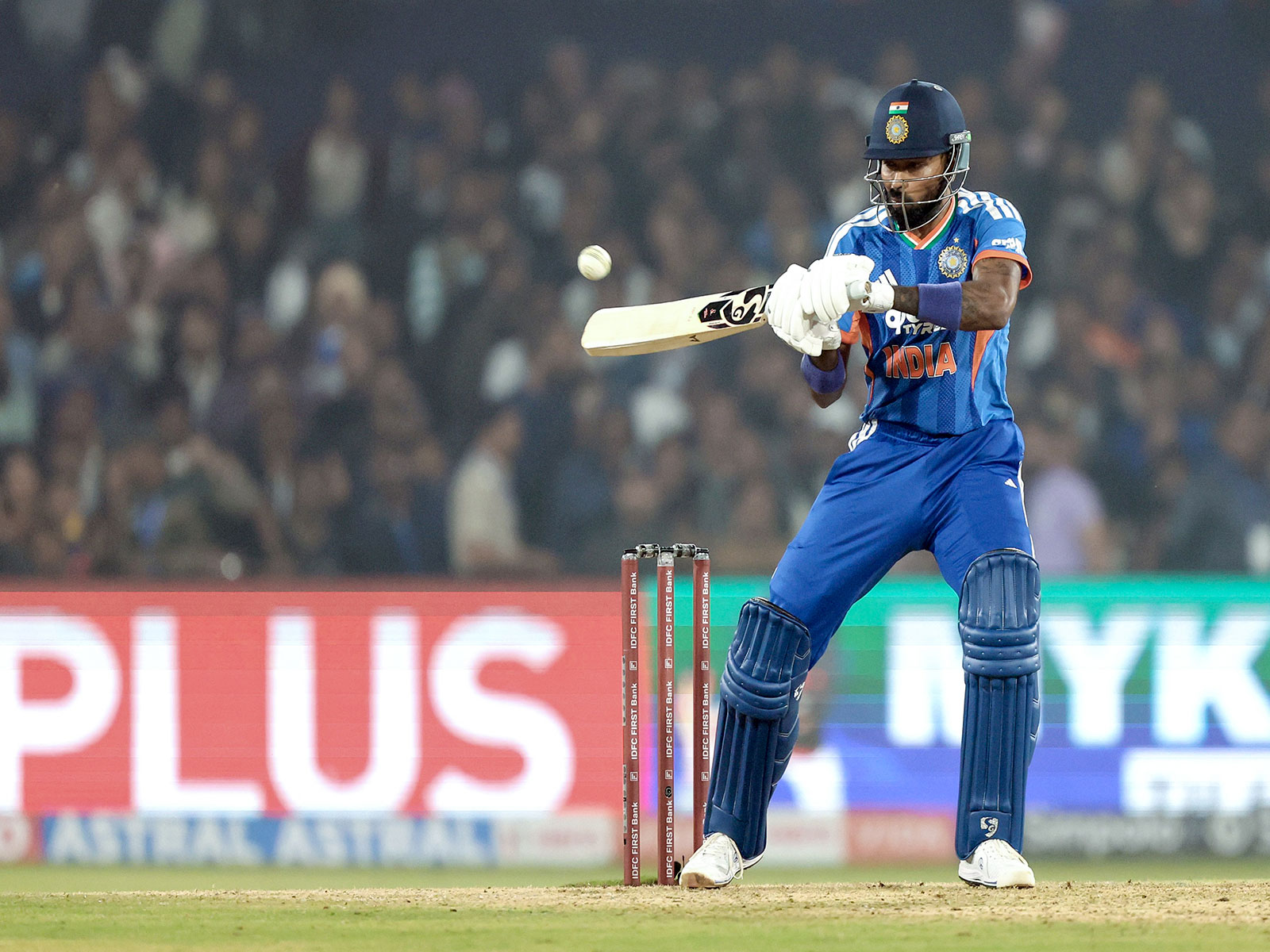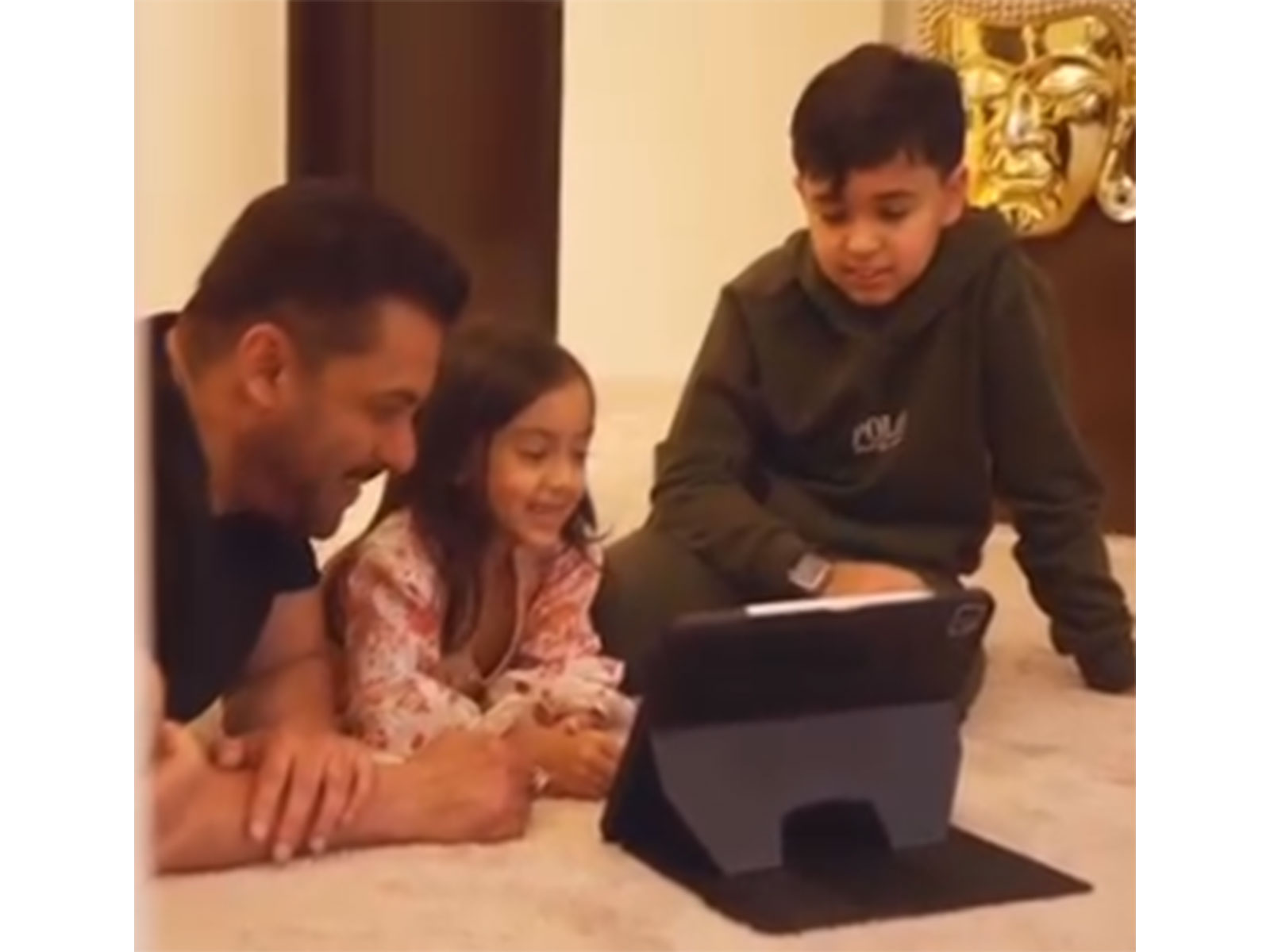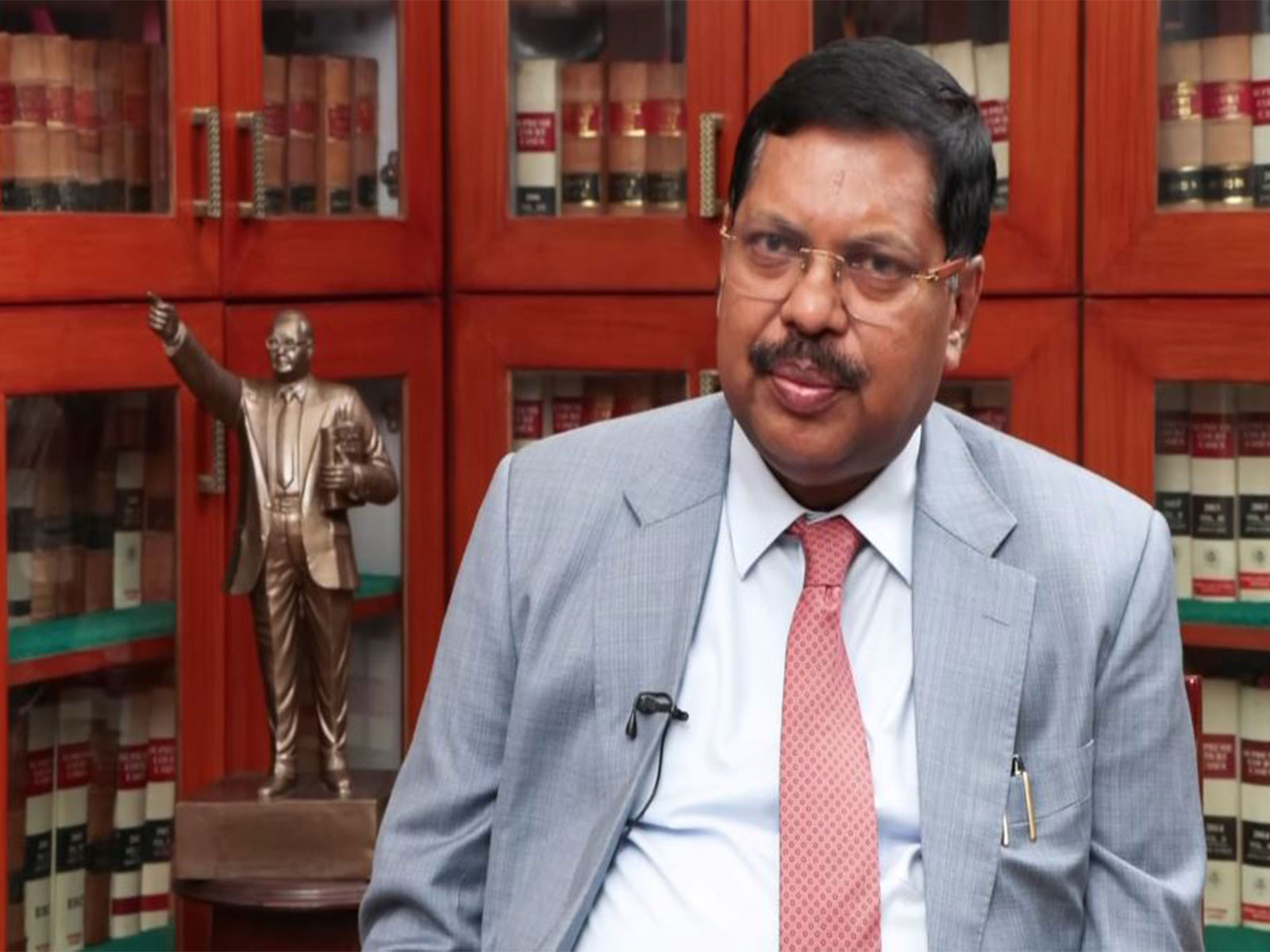
Former CJI BR Gavai defends Judiciary amid attacks, says criticism of judges "not in good taste"
Nov 26, 2025
By Sushil Batra
New Delhi [India], November 26 : Former Chief Justice of India BR Gavai on Wednesday strongly defended the independence and integrity of the judiciary, responding to recent attacks and allegations made by sections of the Opposition and civil society.
In a wide-ranging interview with ANI, he addressed criticisms directed at constitutional bodies and the courts. Justice Gavai said such comments were "wrong", emphasising that judges decide cases solely based on law, their understanding of it, and the facts placed before them.
"Fair criticism of judgments is always welcome," he remarked, "but criticising judges for their judgments is not in good taste."
Speaking on the controversy involving Delhi High Court judge Justice Yashwant Varma, Gavai called it an "unfortunate incident" that had impacted the judiciary's public image. He stated that the matter is now before Parliament, where impeachment proceedings have already begun.
"The inquiry, headed by a sitting judge of this court, is ongoing. Therefore, as a matter of propriety, it will not be proper for me to comment further," he said.
Refuting the perception that high-profile matters receive preferential treatment, the former CJI highlighted the severe shortage of judges in India.
"The ratio of population to judges in our country is one of the lowest in the world," he pointed out. Despite this, he said the judiciary is doing its best to manage the caseload.
He clarified that while certain cases of broader national importance may sometimes be prioritised, "it doesn't mean we give priority to high-profile cases."
Justice Gavai also addressed debates surrounding the scope of judicial activism. He reiterated that while the courts must be accessible, especially for citizens facing socio-economic barriers, there are clear limits.
"On many occasions, citizens cannot directly approach the court due to socio-economic handicaps. Allowing others to approach the court on their behalf helps fulfil our promise of economic and social justice," he observed.
However, he cautioned against overreach: "There are limits within which judicial activism should act. As I always say, judicial activism should not turn into judicial terrorism." He added that the Constitution mandates a strict separation of powers between the legislature, executive, and judiciary.
